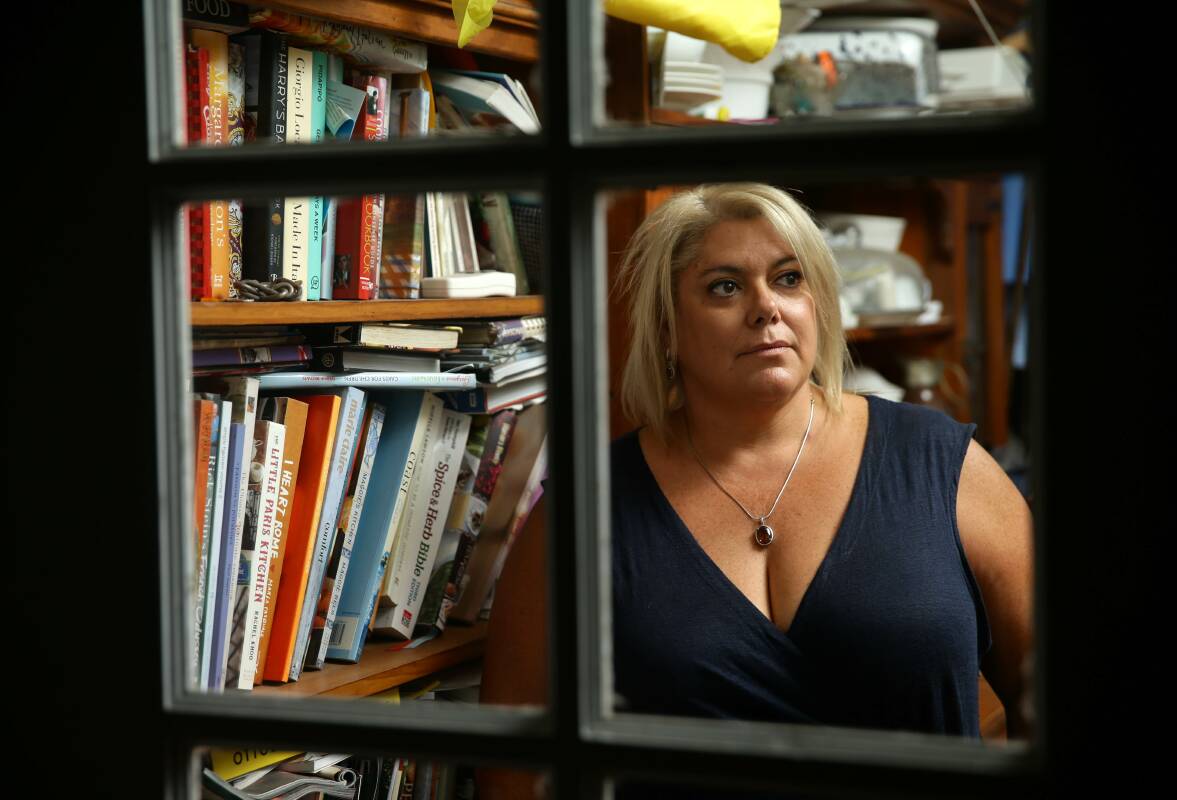
THE release of a NSW Ombudsman's report into the sacking of Hunter Department of Planning whistleblower Rebecca Connor may be another year away, long after the 2023 March state election, critics say.
The report is expected to cover allegations of bribery, fraud, theft and corruption risks, including the acceptance of cash for mining title applications, at the department's Maitland office.
The five-year investigation was sparked by allegations Ms Connor made in 2017.
She was suspended from her role a day after allegedly warning a senior manager she was making a protected disclosure alleging serious misconduct by a former titles staff member, leading to an unlawful mining lease approval.
Other allegations centred around the role of a coal miner's wife in approving a mine company request to cut a community fund from $5 million to $500,000 without public knowledge.
Deputy Premier and Minister for Regional NSW, Paul Toole, asked to meet with the Ombudsman before the report was finalised.
However, his office was reluctant to provide any details, refusing to confirm whether or not the meeting was taking place, saying only that Mr Toole's meetings were "a matter of public record".
While details of minister's meetings are made public, they are only reported quarterly, meaning the fact of the meeting would not be publicly disclosed until at least January.
When it was put to his office that the report's release had been delayed to ensure it doesn't become a 'live' issue in the lead up to the NSW State election, the response was "no comment".
The Ombudsman's office has, however, confirmed that the minister was given an opportunity to be consulted on the conduct that was investigated.
"In this case, the Deputy Premier, as responsible Minister for Regional NSW, requested to be consulted," a spokeswoman said.
"A meeting was held on 16 November ... No further consultation will take place and the Ombudsman will now proceed to finalise the investigation report."
The report will be released to the Minister but, while the Ombudsman can table it as a special report to parliament at any time, the last sitting day of Parliament was November 17.
The State Government has now entered a pre-election period during which it will make no major decisions, announcements or do anything that might compromise the "neutrality of the public service" .
In that case, the report may not be tabled until it is included as part of a summary of all of the Ombudsman's investigations conducted in the previous year along with the Ombudsman's Annual Report, usually in October.
An Ernst & Young review conducted at the time found mining applications were approved without evidence that fees and levies were paid, title conditions were not effectively monitored for compliance and title holders were able to submit "factually inconsistent" reports without detection.
Ms Connor told the Independent Commission Against Corruption in 2018 that a farmer, then aged 83, whose agricultural land objection to a NSW mine in August, 2016 was not assessed before the mine was approved three months later.
The department denied receiving the objection but an employee produced it shortly after a mining licence was granted in October, 2017.
The farmer was not advised his objection was found until September, 2018, one month after Ms Connor complained to the NSW Ombudsman that she was sacked after making a protected disclosure to a superior about the farmer's case.
Another issue identified at the time was the key role of a Hunter Department of Planning employee, who was married to a coal miner, in mining company Ridgelands' attempt to cut a community fund from $5 million to $500,000.
The mid-level employee recommended the reduction in March, 2017, despite the $5 million fund being a condition of Ridgelands' exploration licence consent, and despite the company's failure to establish and publicise the fund "as soon as reasonably practical" from 2013, as required under the licence.







